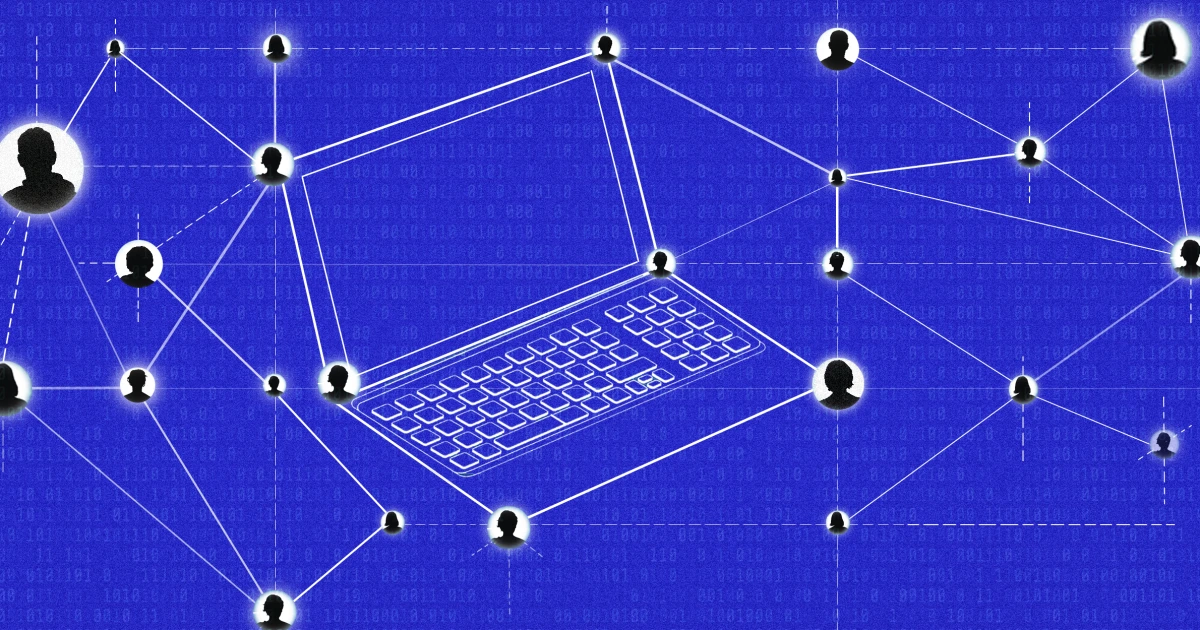justineanweiler – The internet, a vast network that connects billions of devices worldwide, has transformed the way we communicate, work, and access information. Understanding its history reveals a story of innovation, collaboration, and evolution over decades.
Early Foundations (1960s)
The roots of the internet trace back to the early 1960s when the U.S. Department of Defense funded research into a network that could withstand disruptions. This led to the development of ARPANET (Advanced Research Projects Agency Network), which was launched in 1969. ARPANET connected four universities: UCLA, Stanford Research Institute, UC Santa Barbara, and the University of Utah. It used packet-switching technology, which allowed data to be broken into packets and sent through multiple routes, optimizing communication efficiency.
Development of Protocols (1970s)
As ARPANET grew, the need for standardized communication protocols became apparent. In 1973, Vint Cerf and Bob Kahn introduced the Transmission Control Protocol (TCP) and Internet Protocol (IP), collectively known as TCP/IP. This set of protocols allowed different networks to communicate, effectively laying the groundwork for what would become the modern internet. By 1983, ARPANET officially transitioned to TCP/IP, and the term “internet” began to be used.
Expansion and Commercialization (1980s)
The 1980s saw the internet’s expansion beyond military and academic use. The National Science Foundation (NSF) developed NSFNET, a network that connected supercomputing centers across the U.S. This backbone network facilitated connections for universities and research institutions, spurring collaboration and innovation.
In 1985, the first domain name was registered, marking the beginning of the domain name system (DNS). The introduction of user-friendly interfaces and the first graphical web browser, Mosaic, in 1993, made the internet accessible to the general public.
The World Wide Web (1990s)
Tim Berners-Lee, a British computer scientist, invented the World Wide Web (WWW) in 1989. He proposed a system for sharing information through hypertext links, allowing users to navigate between documents easily. The first website went live in 1991, and by the mid-1990s, the web gained immense popularity.
The commercialization of the internet began in 1995 when the U.S. government lifted restrictions on its use for commercial purposes. This shift led to the dot-com boom, with numerous companies emerging to take advantage of the new online marketplace. Search engines, e-commerce sites, and social media platforms began to populate the web.
The Dot-Com Bubble and Aftermath (2000s)
The late 1990s and early 2000s saw explosive growth in internet usage and investment, culminating in the dot-com bubble. However, this bubble burst in 2000, leading to the collapse of many internet startups. Despite this setback, the infrastructure and technologies developed during this time laid the foundation for future growth.
The 2000s also saw the rise of broadband technology, which significantly increased internet speeds and accessibility. Social media platforms like Facebook (launched in 2004) and Twitter (2006) transformed how people interacted online.
The Mobile Revolution (2010s)
The introduction of smartphones and mobile internet in the late 2000s ushered in a new era. The iPhone, launched in 2007, revolutionized mobile computing and changed how users accessed the internet. Apps became a dominant way to interact online, leading to significant shifts in communication, entertainment, and commerce.
Cloud computing emerged during this time, allowing users to store and access data remotely, further enhancing the internet’s capabilities.
Current Trends and Future Prospects (2020s)
Today, the internet continues to evolve rapidly. Emerging technologies like artificial intelligence, the Internet of Things (IoT), and blockchain are reshaping how we interact with the digital world. Issues of privacy, cybersecurity, and digital equity are increasingly important as reliance on the internet grows.
The future of the internet holds promise for greater connectivity, smarter technologies, and new forms of communication, but it also presents challenges that require careful consideration and proactive governance.
Conclusion
The history of the internet is a testament to human ingenuity and collaboration. From its humble beginnings as a military project to its status as an indispensable part of modern life, the internet has reshaped society in profound ways. As we look ahead, understanding its past will be crucial in navigating the complexities of our increasingly interconnected world.





